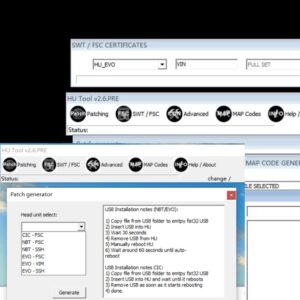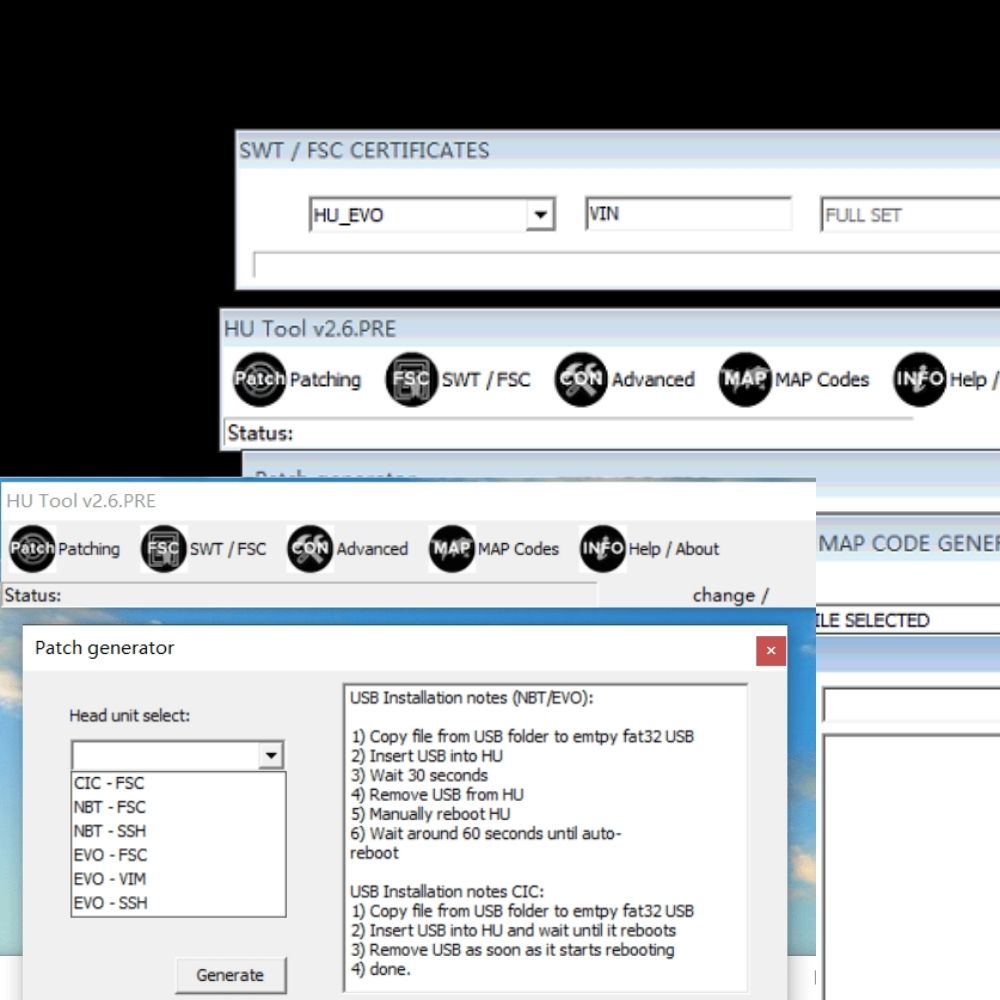
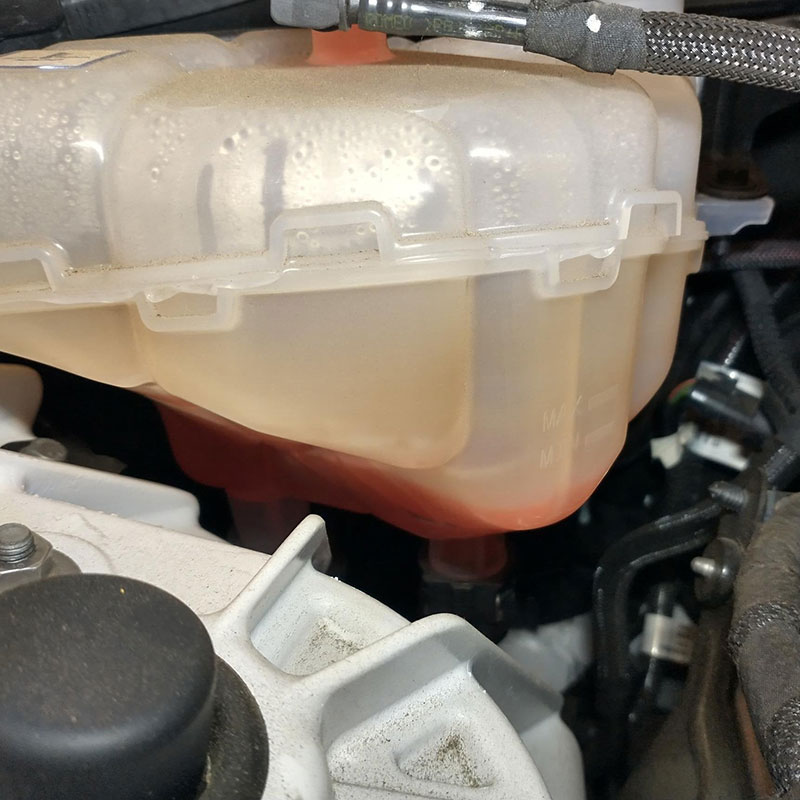
Does Engine Coolant Evaporate? Get the Answer Here
Engine coolant, also known as antifreeze, plays a vital role in regulating your engine’s temperature, preventing it from overheating in scorching summer heat and freezing in the dead of winter. But have you ever noticed your coolant level dropping and wondered, “Does engine coolant evaporate?” The short answer is: it shouldn’t evaporate significantly. If you’re experiencing noticeable coolant loss, there’s likely an underlying issue that needs attention.
Table of Contents
ToggleUnderstanding Coolant and its Function
Coolant isn’t just water. It’s a mixture of water and ethylene glycol, a chemical compound that lowers the freezing point and raises the boiling point of water. This mixture is crucial for maintaining your engine’s optimal operating temperature. A properly functioning cooling system operates in a closed loop, meaning the coolant circulates without significant loss.
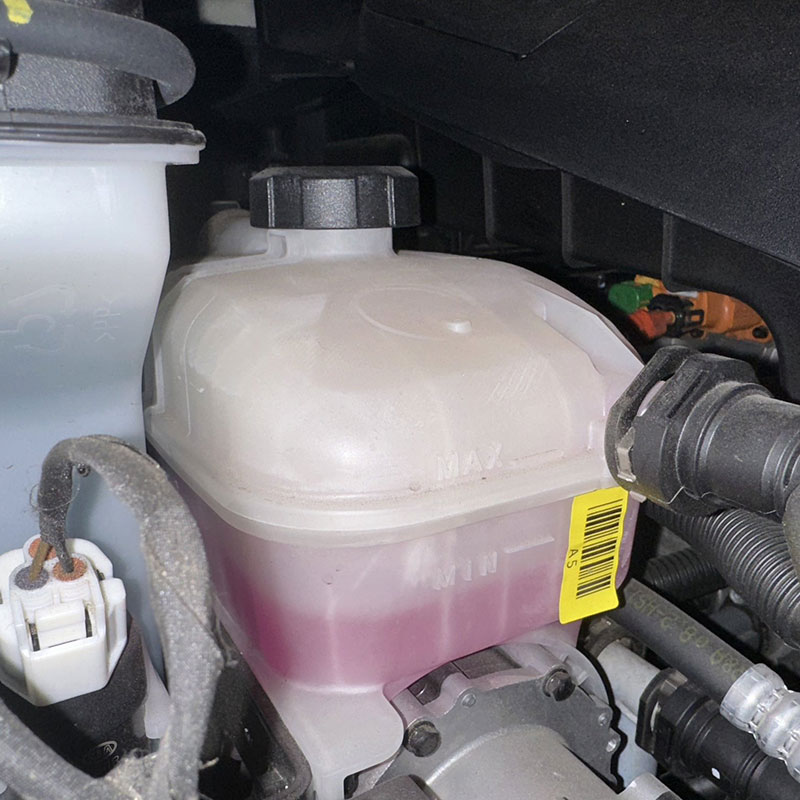
So, Does Engine Coolant Evaporate? Not Normally.
While a tiny amount of evaporation might occur over a long period due to the high temperatures and pressures within the cooling system, this should be negligible. If your coolant level is dropping regularly, it indicates a leak somewhere in the system.
Common Causes of Coolant Loss
- Leaks in the radiator: Radiators can develop cracks or leaks over time due to wear and tear, road debris, or corrosion.
- Leaky hoses: The rubber hoses connecting various components of the cooling system can become brittle, crack, or develop leaks at the connection points.
- Water pump issues: A failing water pump seal can allow coolant to escape.
- Head gasket problems: A blown head gasket is a serious issue that can allow coolant to leak into the engine’s oil passages or even the combustion chamber.
- Heater core leaks: The heater core, responsible for providing warm air inside your car, can also develop leaks.
How to Diagnose a Coolant Leak
- Visual inspection: Look for puddles of coolant under your car, stains on the engine, or white residue around hoses and connections.
- Pressure test: A pressure test can help identify leaks in the cooling system even if they aren’t readily visible.
- Coolant dye: Adding a fluorescent dye to the coolant can make leaks easier to spot with a UV light.
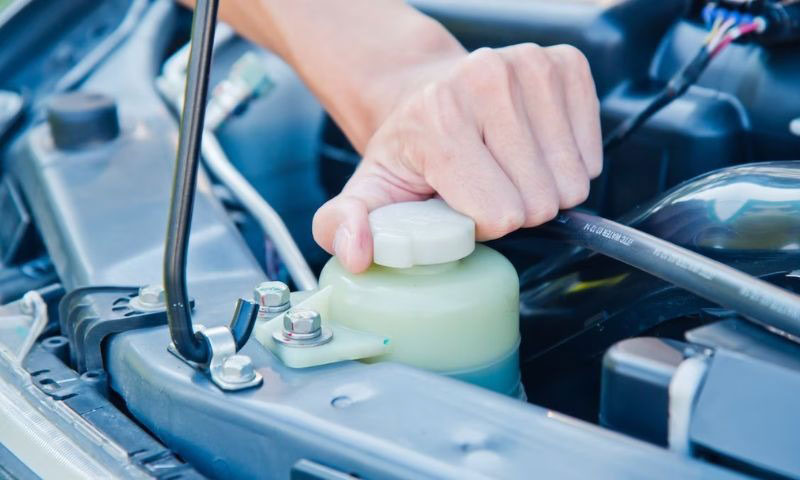
Why is it Important to Address Coolant Leaks Promptly?
Ignoring a coolant leak can lead to serious engine damage, including overheating, warped cylinder heads, and even complete engine failure. Regularly checking your coolant level and addressing any leaks promptly is essential for maintaining your engine’s health and longevity.
How to Check Your Coolant Level
- Safety first: Always allow the engine to cool down completely before checking the coolant level.
- Locate the coolant reservoir: Consult your owner’s manual if you’re unsure where the reservoir is located.
- Check the level: The coolant level should be between the “MIN” and “MAX” marks on the reservoir.
FAQ Section
1. What to Do If You Suspect a Coolant Leak
If you notice a drop in coolant level or suspect a leak, it’s crucial to have your vehicle inspected by a qualified mechanic as soon as possible.
2. Does Engine Coolant Evaporate Over Time? The Verdict
Evaporation isn’t a typical cause of coolant loss. A consistent drop in coolant level signifies a leak that requires immediate attention.
3. Does Coolant Evaporate Faster in Hot Weather?
While higher temperatures can slightly increase the rate of evaporation, any noticeable coolant loss in hot weather still points to a leak.
Quote from Maria Sanchez, Automotive Engineer: “The cooling system is designed to withstand high temperatures. Evaporation should be minimal regardless of the weather.”
4. Is it Safe to Drive with Low Coolant?
Driving with low coolant puts your engine at risk of overheating. If you notice a low coolant level, top it off with the correct coolant type and have the system checked for leaks.
Quote from David Lee, Automotive Instructor: “Prevention is key. Regular maintenance and addressing coolant leaks promptly can save you from costly repairs down the road.”
5. How often should I check my coolant level?
At least once a month.
6. What type of coolant should I use?
Consult your owner’s manual for the recommended coolant type.
7. Can I mix different types of coolant?
It’s best to stick to the same coolant type. Mixing different types can lead to corrosion and other issues.
8. How long does coolant last?
Coolant typically needs to be replaced every 2 to 5 years, depending on the vehicle and coolant type.
9. Can I top off coolant with water?
In an emergency, you can temporarily top off with water, but it’s crucial to have the system checked and properly filled with the correct coolant mixture as soon as possible.
10. What should I do if my engine overheats?
Pull over to a safe location, turn off the engine, and allow it to cool down completely before checking the coolant level.
11. How much does it cost to repair a coolant leak?
The cost varies depending on the location and severity of the leak.
While minimal coolant evaporation is possible, any significant loss indicates a leak. Regularly checking your coolant level and addressing leaks promptly is essential to prevent severe engine damage. Does engine coolant evaporate? Not typically. If it does, you have a problem that needs attention.
Need help with your car’s cooling system? Contact us via Whatsapp: +1(936)2896695, email [email protected] or visit us at 4590 Angus Road, New York, United States. Our 24/7 customer service team is ready to assist you.


BMW FSC Codes Explained: Full FSC Code List for F-Series
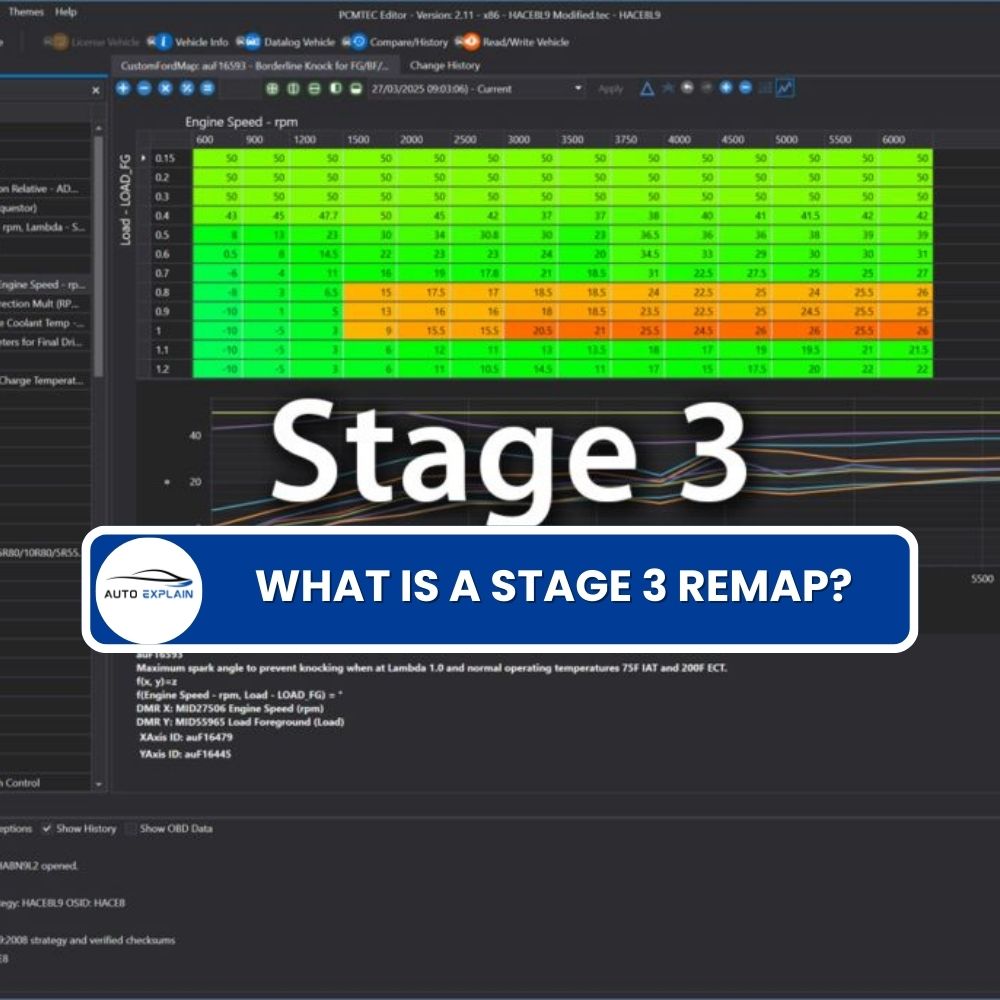
What is a Stage 3 Remap?

The Best Car Tuning Software in 2026: A Comprehensive Guide for Professionals




